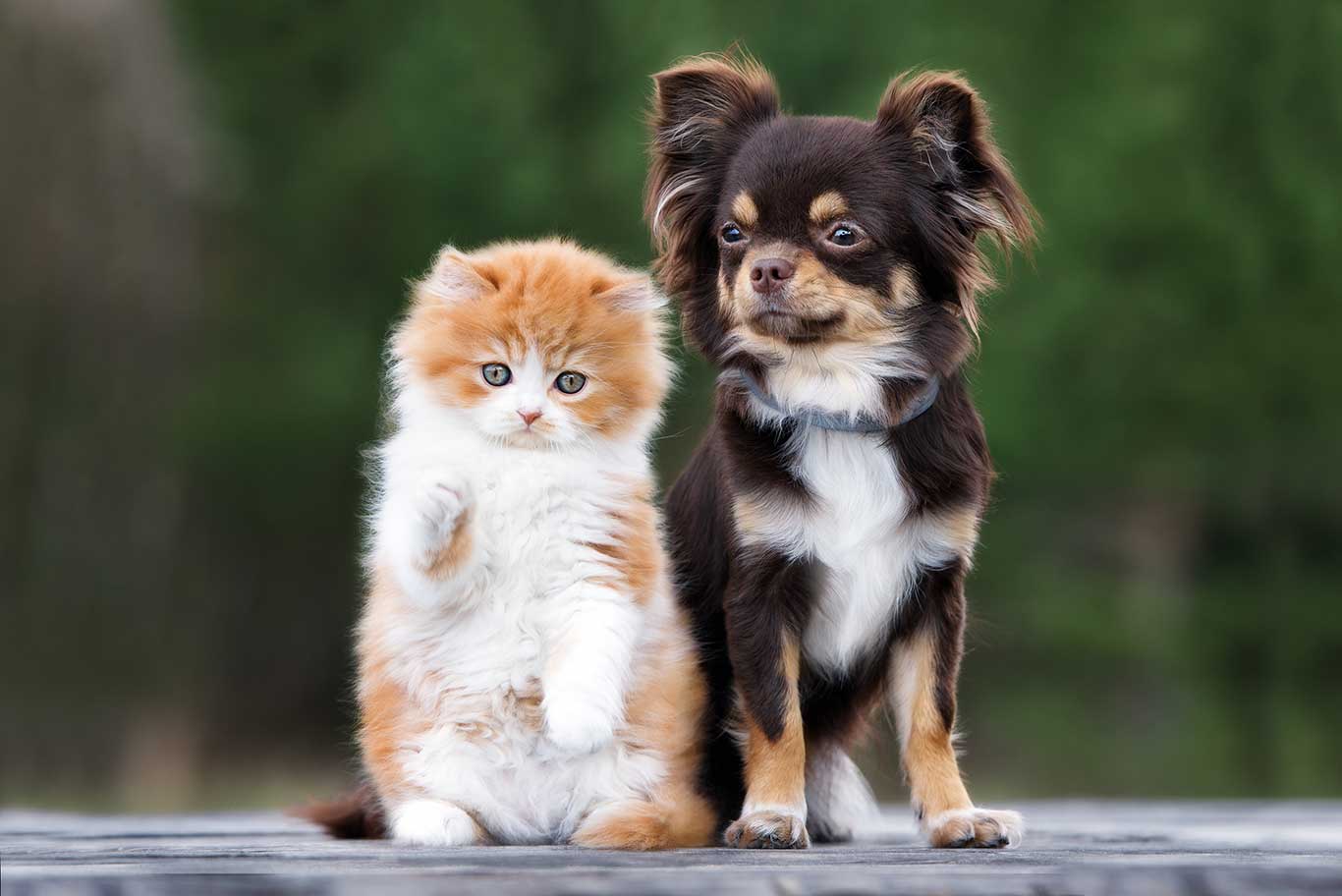Last Updated on March 4, 2024 by Fumipets
Difference Between Raising Kittens & Puppies
Those roly-poly balls of affection known as kittens and puppies seem to be quite similar at first sight. However, as your pets mature, you’ll notice some significant changes, particularly in behaviour, grooming, and potty training.
Behaviour
Cats and dogs have distinct behaviours: it’s part of our daily vocabulary. People are either “cat people” or “dog people,” and they “fight like cats and dogs.” Fundamental behavioural variations encoded by millions of years of evolution are at the root of this.
Dogs are sociable creatures. They are pack hunters in the wild, with a tight pecking order and intricate, lifelong relationships including labour specialisation and sharing. In a nutshell, their way of existence is quite similar to that of primates (that’s us).
Cats are lonely, tiny predators. They agglomerate (form groups to defend a shared area or for mutual protection), but they don’t typically hunt or feed in packs as dogs do. Their main connections are with their children.
This implies that puppies are highly trainable and see you as a member (preferably the leader!) of their pack, while kittens see you as a protector and a resource, but are less concerned with pleasing you.
Puppies will aggressively protect your house with barking and attempt to welcome visitors with leaps and harsh sniffing as they get older, while most kittens will hide from intruders.
It’s worth noting that while teaching your kitten or puppy, it’s important to keep in mind their natural hunting approach. Dogs will pursue prey for hours: they will labour for food even if they aren’t rewarded right away or can’t see the reward. Cats are ambush predators, meaning they never glance away from their victims. To earn the reward, they must first see it.
/4985392932_ca67a39f42_b-5bd3394946e0fb0058b033cc.jpg)
Grooming
Regular brushing and, depending on the breed and how much your puppy loves to roll in smelly things, regular baths are required. It’s possible that you’ll need to get your nails trimmed in the near future.
Long-haired kittens need care, yet many cat owners spend their whole lives without ever bathing or brushing their meticulously self-cleaning best companions. Cat nails just need a few manicures since they split and peel off on their own when they’re ready (though it may be murder on your furniture).
Morning Pups Vs. Night Kitties
Puppies are diurnal, meaning they like to play all day and sleep all night. Kittens are nocturnal: they sleep up to 20 hours a day in their natural state, but you can expect them to party all night.

Potty Talk
After you’ve brought your new baby home, potty training will be on your mind. Give your new cat a litter box, and using it will come easily to him or her. Sorry, puppy parents: you may have to put in months of work to persuade your new charge to only go pee outside.

Veterinary Care
The only difference between pups and kittens is their vaccination regimens and basic medical care. Both should be vaccinated against rabies. Kittens receive FVRCP and FELV, whereas puppies get DHPP.


















